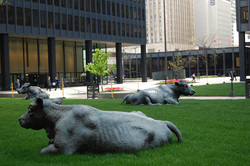
What to write about.... The eternal problem of the empty page.
Last night I went to the Poetry London readings, and everyone who has that problem should have been there. Paul Vermeersh read poems about everything and anything. Koko the famous signing gorilla led him down dark historical paths through the fierce strength of monsters and the delicacy of Koko’s arms protecting that little kitten. We found ourselves sloshing around in deep human undercurrents. All of us could easily have started a poem with Koko, but last night we got to see where a really open mind could go. Pick an animal, he said. We picked the coyote. In
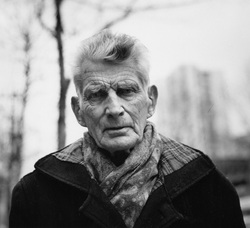
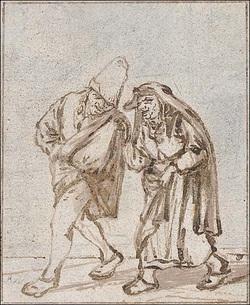
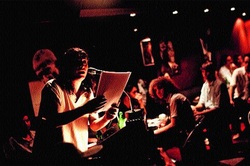
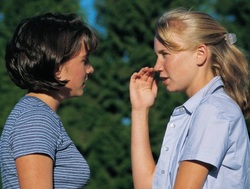
 RSS Feed
RSS Feed